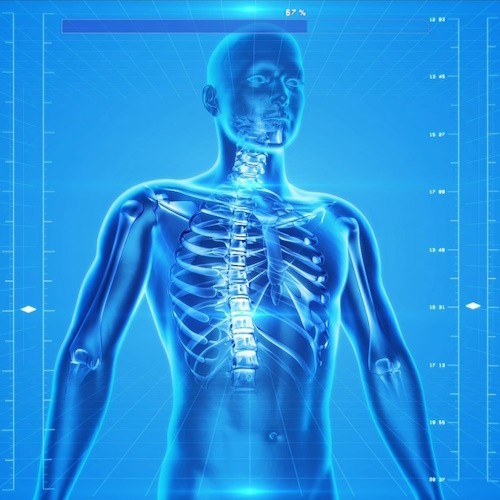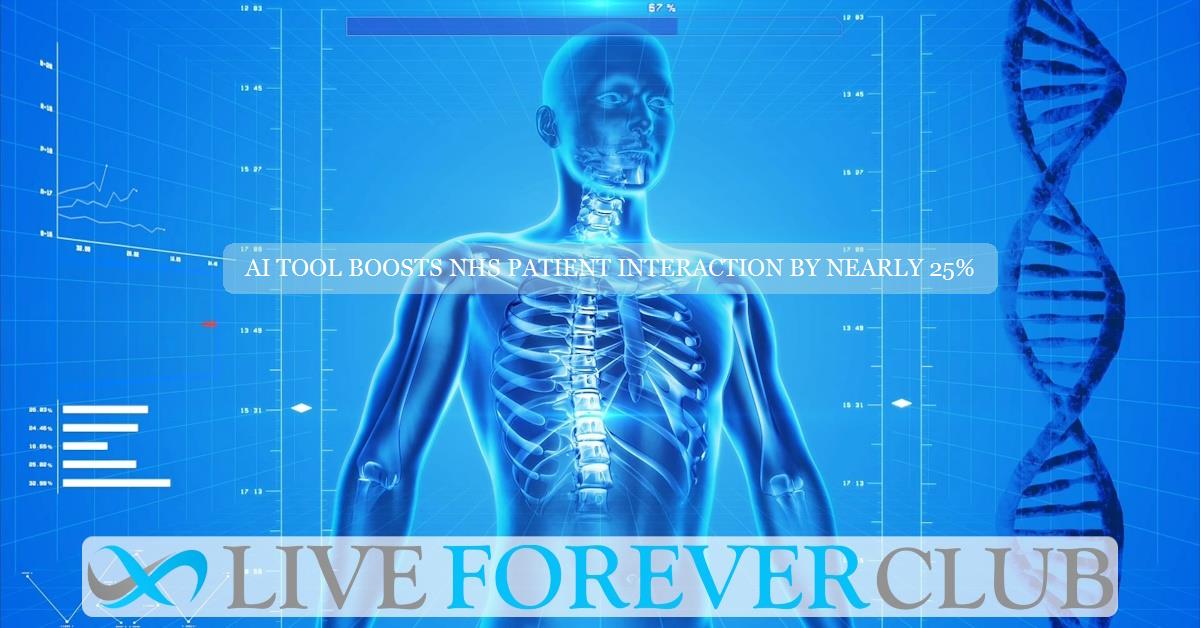Key points from article :
A large NHS trial has shown that an artificial intelligence assistant can significantly improve the time clinicians spend with patients. The tool, called Tortus, uses “ambient voice technology” to automatically transcribe consultations and generate summaries for medical staff. By reducing the need for manual note-taking, it allows doctors, nurses, and paramedics to focus more on patient interaction.
The study, published following a trial led by Great Ormond Street Hospital for Children (GOSH) across nine NHS sites in London, analysed nearly 17,000 patient interactions in settings ranging from GP surgeries to ambulances. Results showed that Tortus increased direct patient-clinician interaction by 23.5% and reduced appointment lengths by 8.2%. In emergency departments, it also boosted the number of patients seen per shift by 13.4% and cut note-taking time in half.
Clinicians praised the system for its ability to ease the administrative burden in fast-paced environments. Dr Ahmed Mahdi of St George’s University Hospital noted that in emergency care, where “every second counts,” the technology allowed staff to work more efficiently and focus on treatment. Health minister Stephen Kinnock welcomed the findings, calling the tool an example of innovation that improves both efficiency and the human connection at the core of the NHS.
Looking ahead, GOSH plans to introduce AI scribe technology across its outpatient services this autumn. Economic modelling suggests national rollout could enable over 9,000 extra A&E consultations daily, saving the NHS an estimated £176 million annually in documentation time and unlocking £658 million in capacity. NHS leaders see the trial as proof that AI, when tested safely and collaboratively, can play a transformative role in modernising healthcare delivery.







